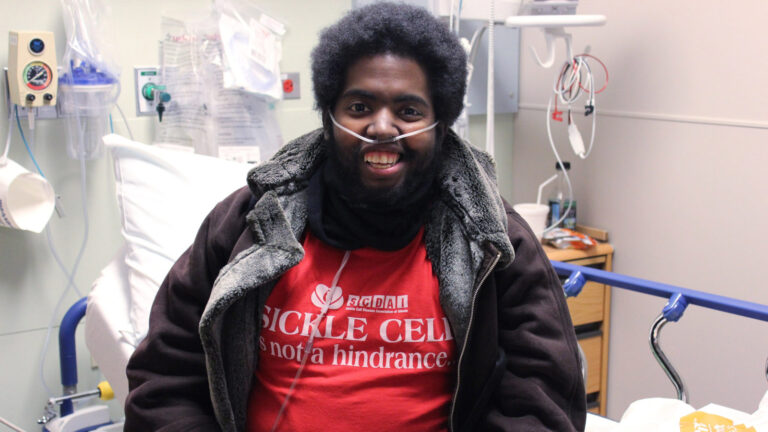Health inequities in sickle cell disease (SCD) were examined by the Vertex Pharmaceuticals Health Economics and Outcomes Research (HEOR) team, marking the first quantification of these disparities. According to the study’s results, individuals with SCD faced systemic bias and provider misunderstandings, among other disproportionately poor outcomes, underscoring concerns about equity among SCD patients and beyond.
Surveying 110 participants across the U.S. and Europe revealed distressing statistics: 59% felt unfairly treated seeking medical care, while 68% believed they would have received better care if they were a different race or ethnic group. Additionally, 60% felt disbelieved by healthcare providers, and 55% reported assumptions made without inquiry.
SCD significantly impacts Black, African American, Latinx, and other ethnic groups, emphasizing the need for equitable treatment. The research, presented at the ISOQOL Conference, highlights the community’s struggles and the urgency for change.
The HEOR team is supported by a $50 million commitment from the Vertex Foundation and aims to address these disparities at the Massachusetts General Hospital, advocating for better care and support for SCD patients, as well as others from historically underrepresented and marginalized populations. Through efforts like this, health equity proponents will continue to make strides in educating on health disparities and working to reduce the incidence of health inequities in the months and years ahead.


